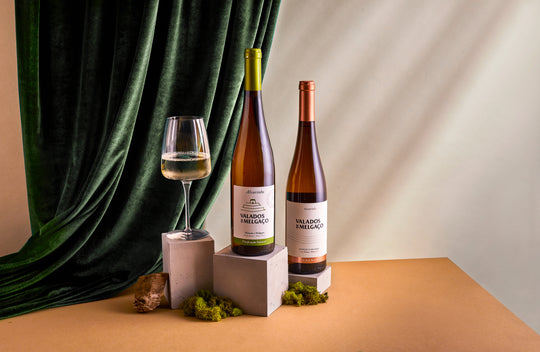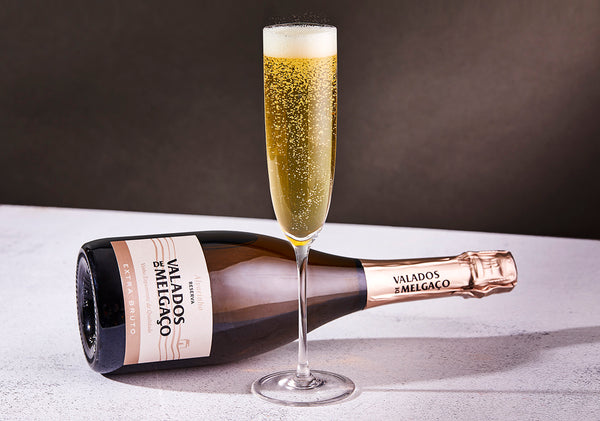A Tea that Spans Two Continents

What things come to mind when you think about Japan?
Maybe you think of sushi or ramen. You might even ponder Mount Fuji or Tokyo. It’s probably not Matcha – but it should be.
Our story begins in Japan and ends in New York. These two different environments and experiences have been brought together by a passion for tea – Matcha tea, specifically.
I’m getting ahead of myself. Behind every great tea are great people, and the tea we’re talking about today is no exception.
If you have heard of Matcha before, it may have been described to you as Japanese green tea – and they’re not wrong. However, it’s so much more than that, and Ippodo seems to think so, too.
Ippodo Tea Company is an independent tea business tucked away in the heart of a Japanese city called Kyoto. Ippodo are old hands at the Matcha tea business – they’ve been supplying high quality Japanese green tea for a period of time spanning almost three centuries.
This unique tea company goes beyond the retail aspect of tea and into the curation process itself. This multi-faceted tea company is directly involved in the blending and procurement of its tea, carefully selecting each tea leaf for taste and quality.
The location of Ippodo is inherent to the quality of their teas. Kyoto is an ideal location, sporting lush fields for cultivation.
Kyoto is steeped in a mild yet misty climate that produces mineral-rich soil. The perfect balance of rainfall and sunshine provides a near perfect environment for Japanese green tea growing.
Ippodo Tea Company prides themselves on their consistency. While this may sound like something most companies strive for, the gravity of this characteristic is so often understated.
As you are familiar with, Mother Nature does a great job of changing the weather patterns frequently.
These natural occurrences are the source of major obstacles in the tea cultivating industry, which relies on very particular temperaments to produce a consistent flavor across the board.
Ippodo has mastered the art of producing Japanese Matcha tea that tastes consistent. Not only will you experience this same taste throughout the year, but you’ll be able to come back to it year after year.
Ippodo cultivates their tea for the moments it creates. To them, tea is more than just a beverage – it’s a catalyst for human connection. Ippodo wants you to admire the delicate flavors of their Matcha while sharing your experience with a companion.
2013 was a lucky year for America. It was the year that Ippodo decided to expand and open their first international retail store, located in New York.
True to style, however, they kept it understated, setting up shop in the basement floor of a townhouse.
Whether you’re in Japan or New York, Ippodo wants to share with you the delight of Matcha and their different grades.
So, What is Matcha?
Matcha is a little different from regular tea leaves, although just as traditional in Japanese culture. Matcha is the powder form of green tea, packed with a serious punch of nutrients that are more difficult to extract from loose leaf tea.
Vitamin A has a significant role to play in the health benefits of Matcha. A lot of the time, you can lose nutrients from loose leaf tea through the steeping process.
Because Matcha is a powder, it maintains its concentrated form, allowing you to receive the maximum amount of nutrients.
Matcha doesn’t begin its life as a powder. It starts like all tea does – as a leaf. The Matcha leaf is harvested by first steaming, then drying and cooling, before it is ground into a powder, ready for drinking.
For more than 800 years, Matcha tea was manually ground on a stone mill. Today, an automated stone mill is used for efficiency.
There are two types of Matcha. Usucha is the traditional Matcha that is popular in Japan. The lesser-known Koicha is its cousin and happens to be much more full-bodied and sweeter than Usucha.
Koicha is typically reserved for special tea parties or ceremonies.
When drinking your Matcha, the temperature of the water is essential to your overall experience. Reducing the temperature of your boiling water to 80 degrees Celsius is ideal to experience the optimum flavors of this tea.
Whisk your warm water and Matcha together, until the powder has successfully dissolved. While you whisk, you can break up any smaller lumps of powder.
The Future of Matcha Tea
Ippodo has two things in mind when cultivating and selling their tea – sharing it with the world and connecting their customers to powerful Japanese traditions.
High-quality Matcha tea has been the cornerstone of their Tea Company for almost three hundred years.
Ippodo keeps the tradition alive with the way they harvest and share their tea. When you’re drinking an Ippodo Matcha tea, you’re drinking history, culture, and tradition that’s been carefully cultivated for your enjoyment.
Ippodo places a particular emphasis on sharing. They don’t want to keep their teas within Japanese culture.
They want to take them elsewhere and open the rest of the world up to long-standing traditions that have been the centerpiece of many human connections and relationships.













